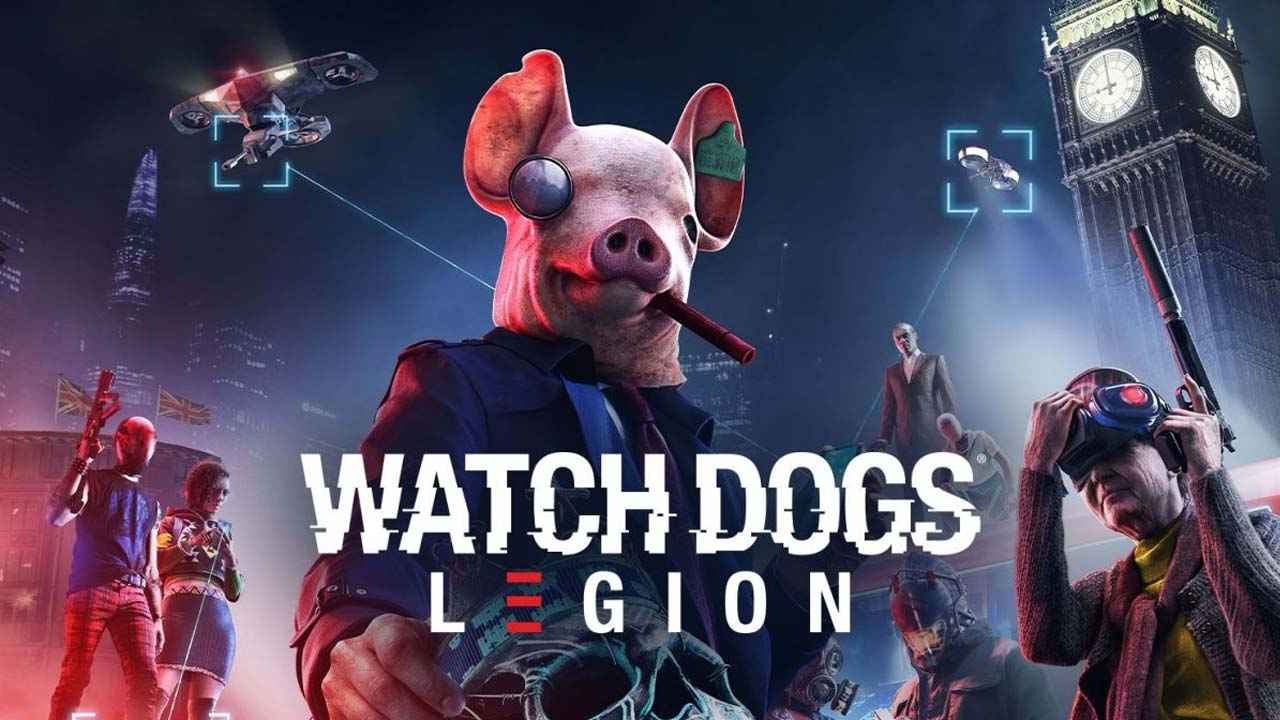
I was disappointed that they didn’t seem to intersect with it at all. There’s always a group that clamors for the return to some idealized past, and always groups for whom that imaginary dream of the past is actually a nightmare.Īs a trans person, I had a particular interest in how queer and trans identity would intersect with the political situation Legion depicts. Instead, the oppression of London feels like an evenly distributed, one-size-fits-all oppression, which fascist oppressions never are. But when I was playing as a Black or brown character, I never felt any more likely to be persecuted on the streets of London than when playing as a white one. Sure, the story highlights xenophobia as a core tenet of the ideology of Legion’s oppressive state, and an early mission even took me to a prison camp where refugees were kept in miserable conditions and routinely abused.

Yet there’s something crucial missing from how we as players experience Legion’s version of life under such oppressive measures: the way we, as individuals, cannot escape from the politicization and sometimes persecution of our own identities. “Fake news” is referenced constantly, Guantanamo is name-dropped, the term “false flag” is used, and the narrative acknowledges that victims of senseless tragedies are sometimes weaponized after their deaths to justify reactionary and oppressive measures by governments. Podcasts explore the connection between fascist leaders and the military. Would more realism here in the AI of enemy guards make for a better game? I suspect it would not.īut for all the inherent, joyful goofiness in Legion’s mechanics, the game, to its credit, takes the issue of fascist oppression fairly seriously. None of them batted an eye at my highly suspect means of arrival.

So I hacked a cargo drone while playing as an Albion employee turned Dedsec hacker, flew it right up to the rooftop, and hopped the railing to blend in with my fellow Albion guards.

In one mission, I had to reach a rooftop computer that was well guarded by officers of Albion, the corporate security service that’s got a stranglehold on the London of Legion. I also embrace the absurdity of its infiltration and stealth mechanics. Image: Ubisoft Toronto/Ubisoft via Polygon Here at last was a game that not only gave me characters of different races and genders, that not only told me some of them were definitely queer and suggested that some of them might be trans, but that went even further with the specific personal details to more fully mirror the range of identities that inhabit the world as I experience it.Īccording to the metadata in their files, one of my potential operatives was polyamorous, while another was asexual, and another “gave seminar at kink convention.” It was exciting to behold, but I immediately wondered how these complexities of identity would impact the experiences of my operatives in post-crisis London, a city in the throes of a reactionary, fascist lockdown. So when Watch Dogs: Legion asked me to choose my first operative from one of 15 procedurally generated options, I was thrilled by the range of choices I was given.

It’s no secret that, far from accurately reflecting the diversity of the societies we live in, a great deal of media casts an image of our cities and public spaces that skews heavily white, straight, and male.


 0 kommentar(er)
0 kommentar(er)
